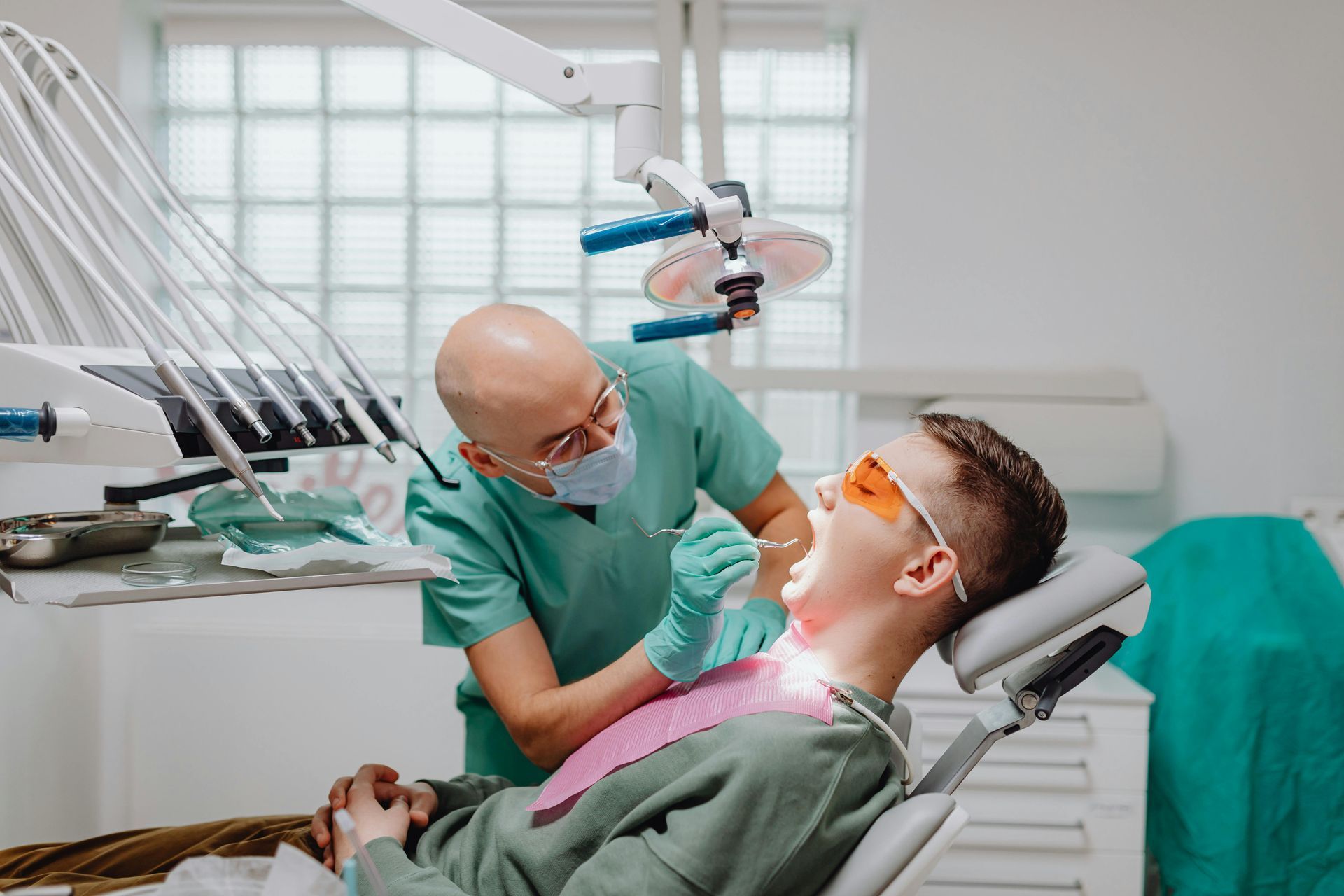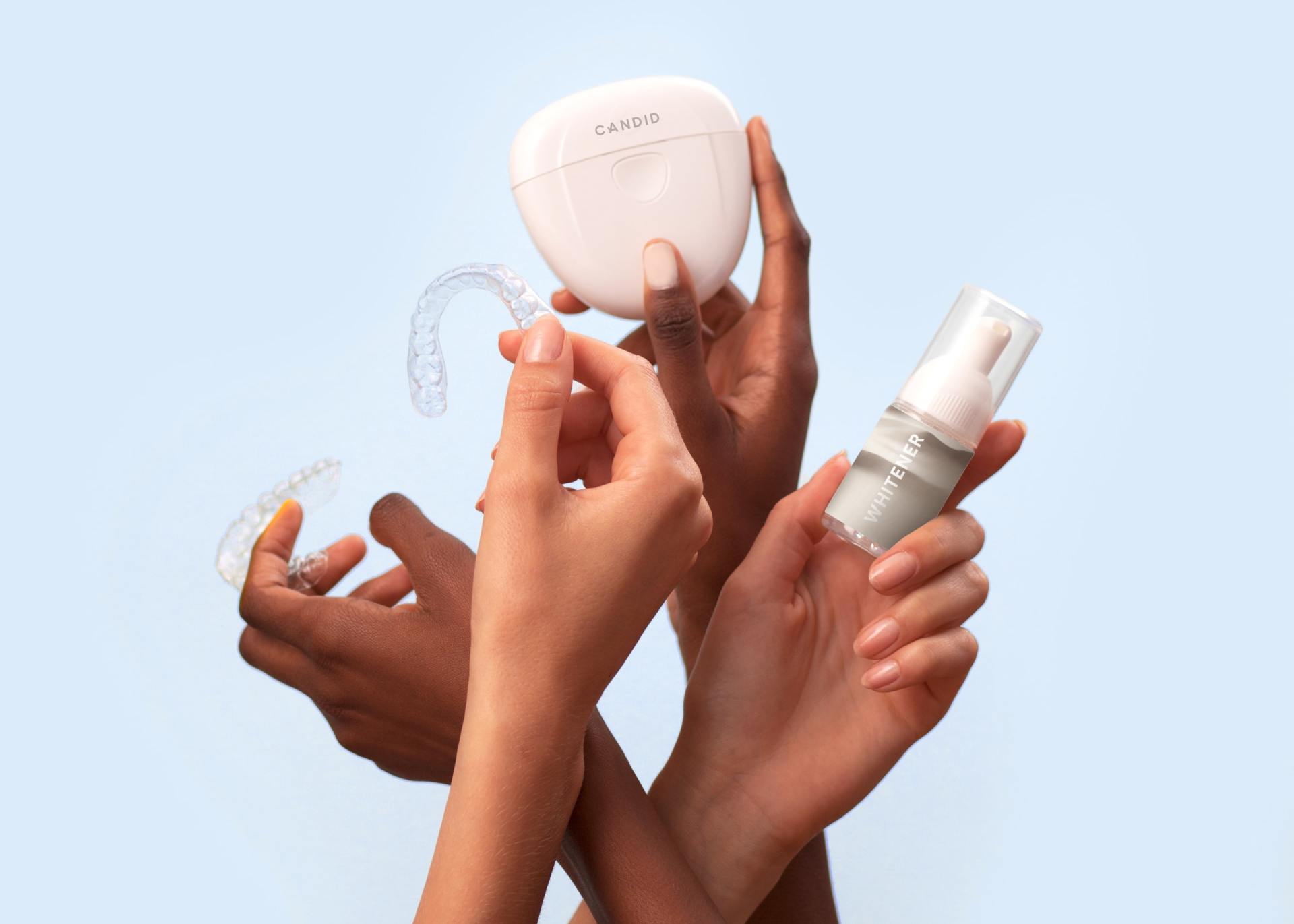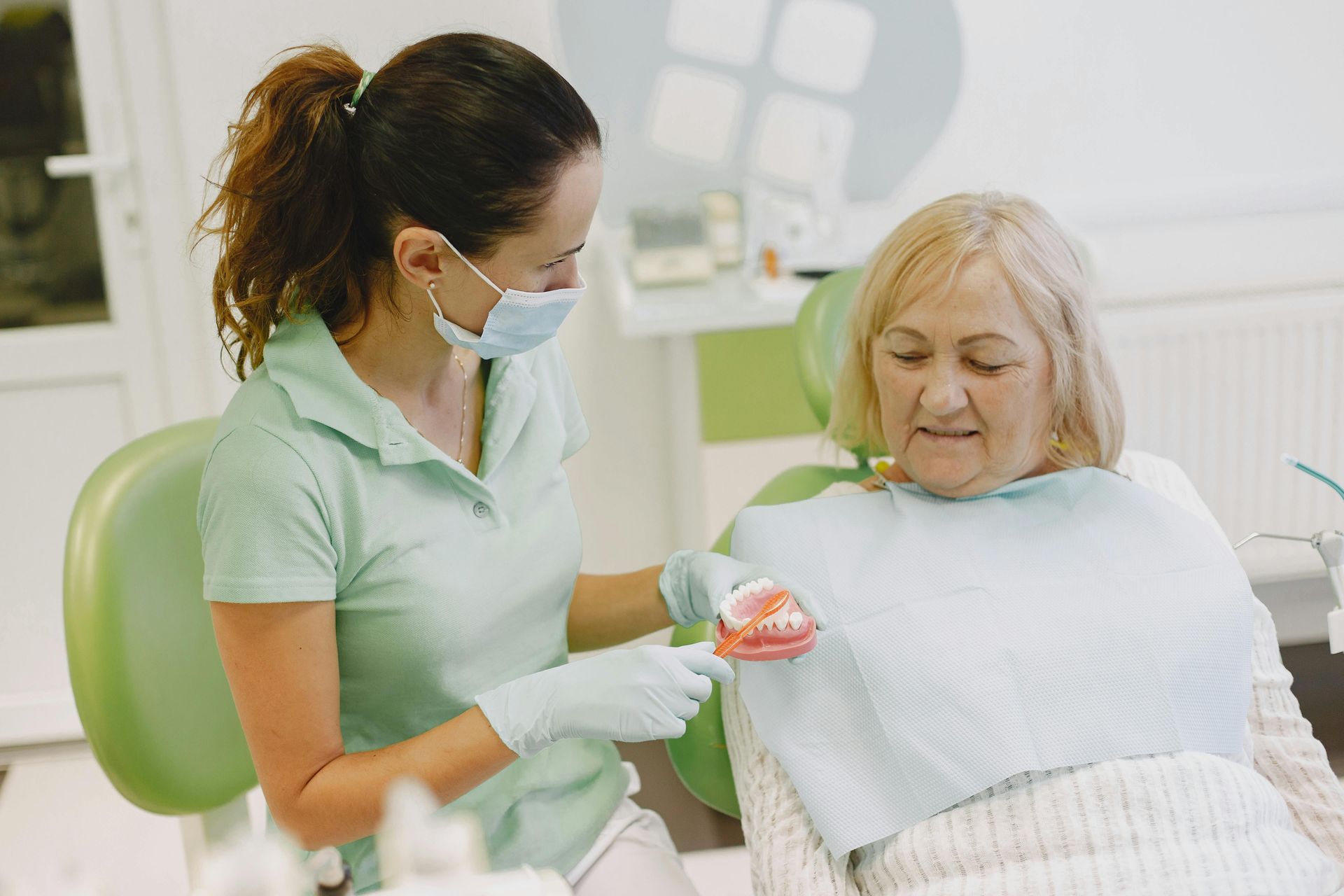The Hidden Dangers of DIY Dental Remedies: What Social Media Wont Tell You
The Rise of DIY Dental Remedies
The rise of DIY dental remedies on social media platforms has sparked significant attention, as individuals seek to achieve a perfect smile with home-based solutions. While some of these trends, often promoted by social media influencers, are harmless, others can pose serious risks to oral health.
Popular DIY dental hacks include the use of hydrogen peroxide for teeth whitening and nail files to modify tooth shape. However, these practices can lead to detrimental effects such as tooth enamel erosion, tooth sensitivity, and gum damage. Without professional advice, social media users may compromise their dental health.
Common Risks of DIY Dental Remedies:
- Tooth Sensitivity: Often caused by overuse of abrasive materials or whitening agents.
- Tooth Enamel Erosion: Results from harsh substances like hydrogen peroxide.
- Gum Damage: Can occur from improper handling of dental tools.
Most dental professionals advocate for consulting with experts for orthodontic treatment or cosmetic dentistry to prevent issues like tooth decay or tooth loss.
For effective treatments, dental advice from qualified dental professionals is crucial to maintain optimal dental care and oral health. Trusting verified dental practices over social media trends is essential to achieving a truly effective and safe dental treatment.
The Appeal of DIY Solutions
The allure of DIY solutions lies in their accessibility and cost-effectiveness. Many people are drawn to fixing things themselves, whether to save money or for the sheer satisfaction of accomplishment. This trend has expanded into various domains, including home repairs, personal care, and even dental practices.
Reasons for the Popularity of DIY Solutions:
- Cost Savings: DIY fixes often eliminate labor costs associated with professional services.
- Convenience: With online tutorials and guides readily available, learning to do simple tasks has become more accessible.
- Empowerment: Completing a project with your own hands can be rewarding and boost self-confidence.
- Customization: DIY allows for personalized touches tailored to individual preferences.
It's essential, however, to weigh the potential risks. While DIY solutions can be beneficial for minor tasks, some situations require professional expertise to ensure safety and effectiveness.
In conclusion, while DIY solutions can be appealing, it's crucial to discern when professional intervention is necessary to prevent any long-term harm or complications.
Common DIY Dental Practices
Social media platforms have exploded with numerous DIY dental trends, promising simple fixes for common dental issues. These hacks range from teeth straightening to whitening and even filing teeth for a "perfect smile." While these methods might appear convenient and cost-saving, they can pose serious risks to dental health. The following sections explore some popular DIY dental trends and their potential dangers.
Teeth Straightening Techniques
In recent years, social media users have increasingly turned to rubber bands and other household objects as makeshift tools for teeth straightening. These DIY techniques are often portrayed as effective alternatives to professional orthodontic treatment. However, dental professionals warn that such methods can lead to tooth loss, gum damage, and misalignment if done improperly. Unlike professional treatments, these DIY hacks do not account for individual circumstances and can worsen the issue, resulting in costly and painful corrective procedures. Always seek professional advice for any orthodontic treatment to ensure safe and effective results.
At-Home Tooth Filing
Some social media influencers have popularized the use of nail files to reshape teeth, arguing it's a quick fix for unevenly shaped teeth. This dangerous trend can lead to permanent tooth damage. Tooth enamel, the hard protective outer layer of teeth, cannot regenerate once it is filed away. Loss of enamel can increase the risk of tooth decay, tooth sensitivity, and long-term dental health problems. Dental professionals emphasize that such practices should only be performed by a qualified dentist, who can use safe, specialized tools to make adjustments without compromising oral health.
DIY Whitening Methods
Hydrogen peroxide-based formulas and baking soda mixtures are among the most touted DIY whitening methods circulating on the internet. While these ingredients can be found in many professional teeth whitening products, incorrect application at home can cause serious damage. Overuse of hydrogen peroxide can lead to gum damage and tooth sensitivity. Similarly, abrasive materials like baking soda can erode enamel, eventually leading to tooth decay. For those seeking a brighter smile, consulting a dentist for effective teeth whitening treatments is highly recommended. Professional products and recommendations are safer and more reliable compared to unproven DIY methods.
In summary, while the temptation to try out these social media trends is understandable, they often neglect the complexities of dental care and can have severe long-term consequences. Always prioritize consulting with dental professionals for sound dental advice and treatments tailored to your needs.
Risks of DIY Dental Remedies
In recent years, social media platforms have seen a surge in DIY dental trends, tempting individuals to try these hacks in hopes of achieving a perfect smile. While their appeal may stem from promises of quick and cheap results, such practices can pose significant risks to oral health without proper guidance from dental professionals.
Lack of Credible Information
One of the primary concerns with DIY dental remedies shared by social media users is the lack of credible information backing them. Many social media influencers, while persuasive, often lack the professional qualifications to provide reliable dental advice. This misinformation can lead individuals to adopt practices not supported by scientific research or endorsed by dental professionals.
Potential for Irreversible Damage
DIY dental hacks, such as using household items or following unverified tips, can result in irreversible damage to the teeth and gums. For instance, using a nail file to reshape teeth may lead to tooth enamel loss, increasing the risk of tooth sensitivity and tooth decay. Similarly, employing rubber bands in a misguided attempt at orthodontic treatment can cause gum damage and even tooth loss, necessitating more costly dental treatments such as dental implants.
Misleading Product Claims
Many dental products promoted on social media claim to offer miraculous results but lack substantiation by professional dental practices. Some of these products may contain unregulated ingredients, such as high concentrations of hydrogen peroxide meant to whiten teeth, which could potentially harm tooth enamel and gums if used improperly. It’s crucial for consumers to remain skeptical of extravagant claims and seek effective teeth treatments through professional guidance.
In conclusion, while the allure of social media dental trends may be strong, it's essential to prioritize oral health with proven, safe practices. Consulting dental professionals ensures any dental treatment pursued is both effective and safe, preventing the pitfalls of misleading social media dental hacks.
The Influence of Social Media
In the digital age, social media has become a powerful platform for spreading dental trends and innovations. Social media platforms such as Instagram, TikTok, and YouTube have given rise to a surge of do-it-yourself dental care routines and hacks. While these platforms have facilitated access to dental advice and product recommendations, they also present a mix of risks and benefits for oral health. The ability to share information quickly means that both helpful tips and harmful trends can gain traction rapidly. Dental professionals often find themselves correcting misinformation and warning against unsafe practices popularized online, emphasizing the importance of professional dental advice.
Viral Challenges and Trends
Viral challenges and dental trends frequently make headlines on social media, captivating millions with promises of a perfect smile. However, not all dental hacks are created equal. Common trends include using hydrogen peroxide as a whitening agent, applying rubber bands for DIY orthodontic treatment, and even filing teeth with a nail file to achieve a desired shape. While these might seem like easy fixes, they often lead to tooth sensitivity, gum damage, and irreversible harm to tooth enamel. The risks associated with these trends highlight the necessity for effective treatments prescribed by dental professionals rather than relying on viral fads.
Celebrity and Influencer Endorsements
Celebrity and influencer endorsements hold significant sway over social media users, particularly in the realm of beauty and health. Many celebrities and social media influencers advocate for cosmetic dentistry solutions and dental products, sometimes without comprehensive knowledge of their potential consequences. This reflects the need for responsible promotion of dental care products and procedures. While influencer-endorsed products can be beneficial, such as those that are clinically tested and approved by dental health authorities, the lack of professional advice can lead consumers to make uninformed decisions. Therefore, it is crucial for social media users to seek professional guidance and consider the long-term effects on their oral health before following these recommendations.
Individual Variability in Dental Needs
Individual dental needs vary greatly due to factors like genetics, diet, and lifestyle. While some may seek orthodontic treatment for a perfect smile, others may deal with more complex issues such as tooth decay or tooth loss. This variability underscores the importance of customized dental care.
Key Factors Influencing Dental Needs:
- Genetics: Some are predisposed to conditions like gum disease or tooth sensitivity.
- Diet: High sugar intake can increase the risk of tooth decay.
- Lifestyle: Habits like smoking or inadequate oral hygiene impact dental health significantly.
Regular visits to dental professionals allow for tailored advice and effective treatments. Professional advice is crucial, as individuals may be tempted by social media trends or dental hacks that promise quick fixes but often lack evidence or safety.
Prioritize personalized dental care over social media influences to maintain optimal oral health.
Navigating Misinformation
In the age of social media, misinformation can spread like wildfire, particularly in areas like health and wellness. Dental trends circulating on social media platforms often promise quick solutions to complex dental issues, which can be misleading or even harmful. These trends, often presented by social media influencers rather than dental professionals, may involve using products like hydrogen peroxide for whitening or bizarre tools like a nail file for shaping teeth. Unfortunately, such methods can lead to severe consequences, such as tooth enamel erosion, gum damage, or increased tooth sensitivity.
To navigate this minefield of misinformation, it's essential for social media users to exercise caution. Before experimenting with any dental hacks or following trends, consider the potential risks and long-term effects on your dental health.
Importance of Evidence-based Practices
The allure of anecdotal advice from social media can overshadow the significance of evidence-based practices in dental care. Effective dental treatment relies on scientific research and time-tested methods, unlike the unverified solutions seen on social media trends. For instance, using rubber bands as a do-it-yourself orthodontic treatment might seem cost-effective, but it poses risks of tooth loss and gum damage if not professionally managed.
Adhering to evidence-based practices ensures safe, predictable outcomes and supports long-term oral health. Choosing dental products and treatments that have been clinically tested can prevent the deterioration of your dental health, avoiding avoidable issues like tooth decay and gum disease.
Consulting Dental Professionals
In light of the confusion caused by dental hacks seen online, consulting with dental professionals remains your best course of action. These experts provide tailored advice and effective treatments that account for your unique dental history and needs. Regular appointments can help prevent common issues, identify potential problems early, and offer informed guidance on cosmetic dentistry procedures or dental implants for enhancing your smile.
Sets of professional teeth cleaning, enamel-safe whitening options, and the latest in dental care are just some of the services that only a qualified dentist can provide with confidence. These visits not only support overall dental health but also empower you with reliable, professional advice, which is far more valuable than any quick-fix solution trending on social media.
By prioritizing consultation with dental professionals over unverified social media trends, you can maintain a healthier, more enduring smile.












